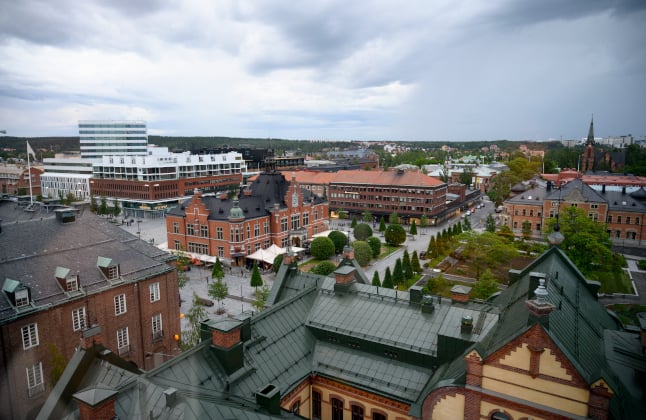Lakes in Sweden routinely freeze over at winter and crowds of people quickly congregate on top of the country's waterways as soon as the ice is thick enough.
In a place where walking and skating on lakes is second nature, learning what to do if you fall through thin ice is a vital and potentially life-saving skill.
It's also extremely cold. Here's how one group of teenagers in Stockholm reacted to plunging into 2C waters.
Our hats are off to these 14 and 15-year-olds, who didn't even have the comfort of a sauna to look forward to after their mid-winter dip.
They hopped in, clambered out, changed clothes, then coolly sauntered back to school. Gold stars all round.
But the cold was not even the greatest fear for some of the nervous pupils hopping about on the jetty to stay warm.
With big fish lurking in the dark waters under the ice, several pupils said they were most worried about being bitten on the toes by carp. We are happy to report that the fish didn’t take the bait.
SEE ALSO: Is this the strangest sound in Swedish?
The Local thanks the pupils and staff at Viktor Rydbergs Samskola for welcoming us to watch and for not making us jump in.


 Please whitelist us to continue reading.
Please whitelist us to continue reading.